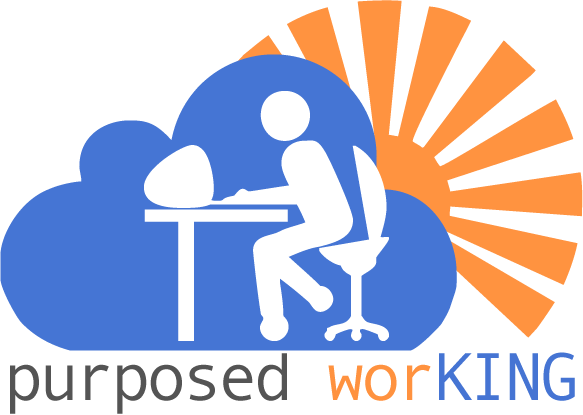Run from anything that stimulates youthful lust. Follow anything that makes you want to do right.”
When faced with strategic direction decisions we really have one of three decisions to be made; To lead, follow, or get out of the way. Part one of this three part series, is about getting out of the way.
When we find our businesses engaged in business that is not paying out, or the market has changed and what we once were offering is not of value anymore, or may even be on the way to becoming obsolete. You’d think that these are obvious choices and that you could see the changes coming from a mile away, but it’s not that easy. If it was there wouldn’t be the angst in the music, newspaper, and publishing industries. Technology is usually the driver of these types of changes that then change consumer behavior and expectations. It wasn’t that long ago that we expected someone else to pump our gas for us, or to see and talk to a live bank teller when we deposited our paychecks. We also used to have others who typed our memos and copied them for us for distribution. The point is that we in our businesses we need to be able to be honest without ourselves and know when to get out of the way and change our strategic direction. In the start-up world, a very good venture capitalist who I know and admire, Mike Maples, coined the term, “Pivot”. To pivot means to be able to shift and change our directions and business models quickly to meet market demands and/or to get out of the way of competition that we know are going to succeed beyond what we are doing.
In our own lives, sometimes we need to also make the decision to get out of the way. If we are aware enough to know those things that tempt us or we know our weak points, then we can know when to get out of harm’s way. There are many things of this world, and especially in the world of work that are there to cause us to slip or make the mistake that would compromise who we want to be or what we say we are. In those cases, the best move for us is to get out of the way of harm and trouble. It is not fear or lack of courage, it is about being smart and knowing enough about our weaknesses, and then being smart. We can, and should, be calling on God to not only protect us but to make us self-aware.
Reference: 2 Timothy 2:22 (New Living Testament)
